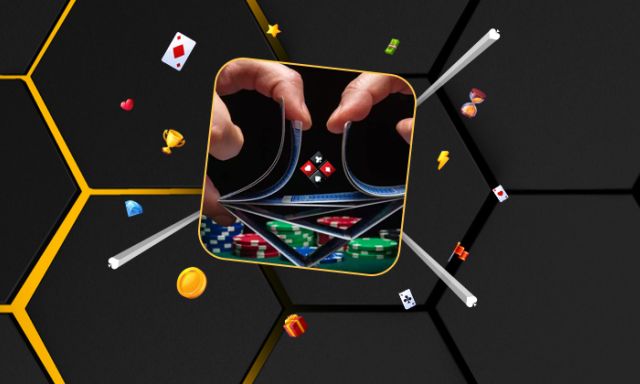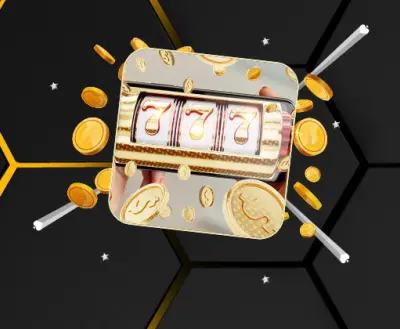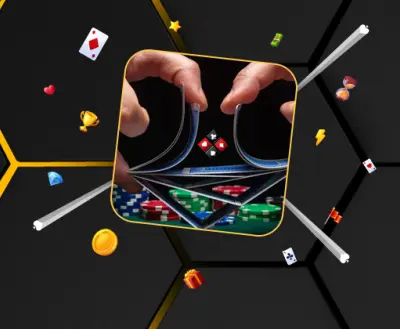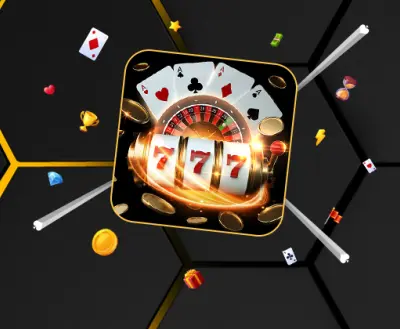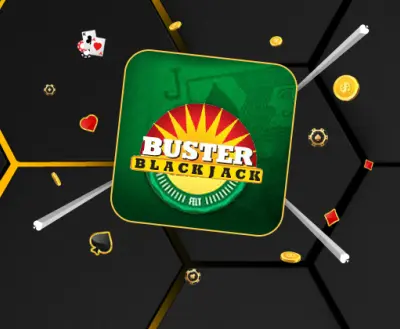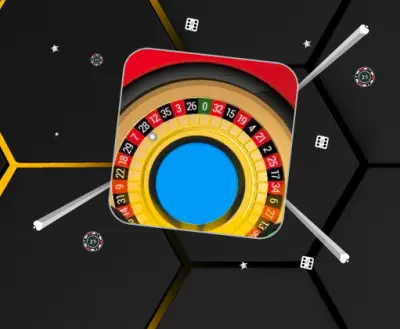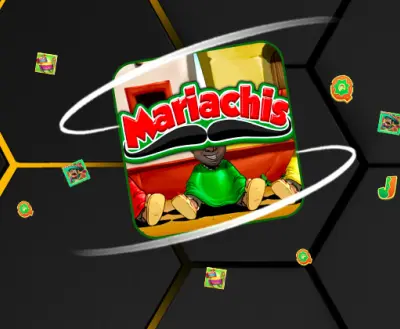How To Shuffle Cards Like A Pro: Tips And Tricks
Shuffling a deck of cards can be as straightforward or as complicated as you wish. Some methods are more effective for mixing cards, while others focus on impressing others with visually appealing elements. In this article, bwin looks at how to shuffle cards like a professional while showcasing some of the most used techniques. We will also share a handful of card shuffling tricks!
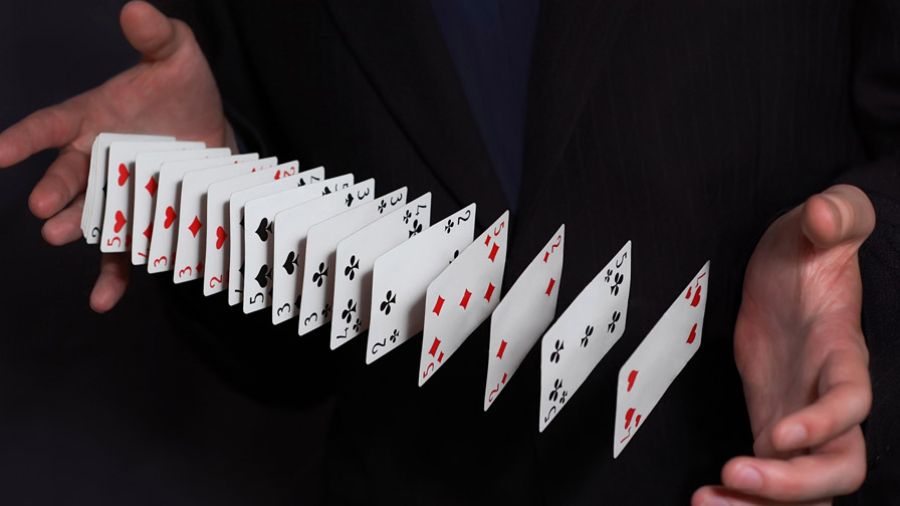
Card Shuffling 101: Why It's Important And How To Do It Correctly
Being able to shuffle a deck of cards is an essential skill for a variety of games. This includes competitive games, such as Poker, alongside recreational alternatives, such as Patience. Shuffling, if done correctly, can ensure that the cards are dealt in a random order, meaning that no player will gain an unfair advantage.
The best way to get good at shuffling is to simply decide on a method before practising it repeatedly. It's worth mentioning that some shuffling techniques are easier to perform than others, with methods like the 'wash shuffle' being incredibly straightforward.
How To Shuffle Cards Like A Pro: Step-By-Step Guide To Perfecting Your Shuffle
Now, let's take a look at the basic technique for shuffling a deck of cards. While there are many different methods for mixing cards, we will be focusing on a traditional riffle shuffle, with an optional waterfall flourish at the end. Here is our shuffling tutorial!
Step 1: How To Hold The Deck
To start, grip the deck in one hand, placing your thumb on one side, your index finger on top, and your other three fingers on the opposite end. Your index finger should be able to move freely in order to control the deck.
Step 2: Split The Deck
This step involves splitting the deck into two relatively even piles. To do this, press down slightly with your index finger, moving your thumb down the deck to allow cards to fall. Your three fingers on the other side of the deck should grip the cards, ensuring that they do not fall as your thumb moves. This should be stopped when approximately half of the deck is hanging below.
Step 3: Split (Continued)
For finishing the split, take your other hand and grab the pile of cards that were hanging beneath the others. This new pile should be held in the same way as the original one, again, with the index finger being placed on top.
Step 4: Bend And Shuffle
These two piles should be placed about 5 cm away from each other, riffling each without catching the cards as they fall. Try to ensure that the cards fall alternatively, with one from either pile dropping simultaneously. During this step, do not catch the cards as they fall, but instead, allow them to accumulate on the surface below.
Step 5: Waterfall
At this stage, players should have two piles of cards that are meeting in the middle. There are now two choices, with the first being to simply push the cards together, creating a single pile. Alternatively, players can 'waterfall' the deck, as described below.
Step 6: Bend And Waterfall
For those that want to show off a little and create a visually appealing finish to the shuffle, it's time for the waterfall. To achieve this, create a small basket, placing your thumbs on top with your other four fingers resting below. The deck should be bending upwards, touching your thumbs. Simply release the pressure on the deck, and the cards should begin to trickle down, creating an order that is totally random.
The Most Common Card Shuffling Techniques
So, apart from the standard riffle shuffle, what other techniques are there? Below are the three most common, all of which can be useful in their own way. It's worth mentioning that there are plenty of other options. However, these are amongst the fastest and easiest to execute!
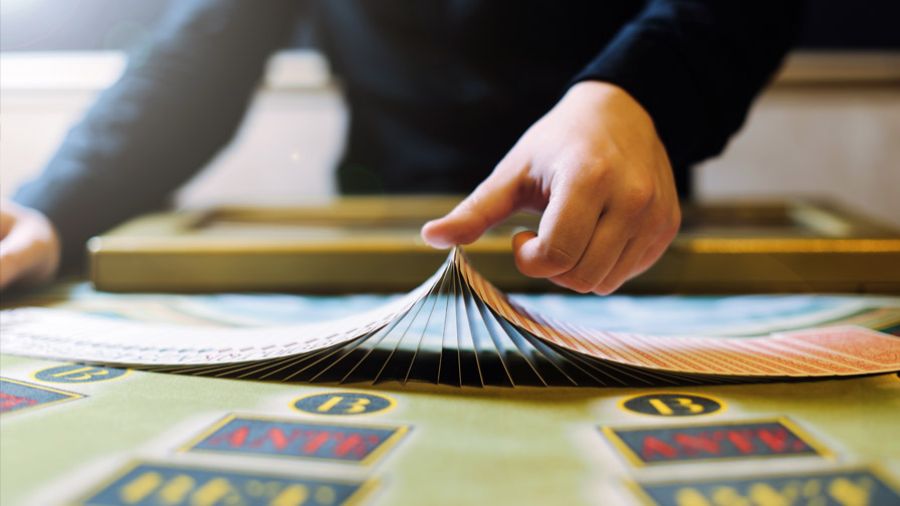
The Overhand
Let's start this list by looking at the easiest way to shuffle, which is suitable for many new players. This is often an instinctive way to mix a deck of cards. However, it doesn't always yield the best results.
To perform the overhand shuffle, players can hold the deck in one hand, before using the other to select chunks of different cards. Place these chunks on the top or bottom of the deck, before repeating this process numerous times. Typically, 15-20 seconds is more than enough.
The Faro
The Faro shuffle, sometimes referred to as the weave or the dovetail, is a little bit more advanced. First, the deck needs to be cut into two piles, with as close to 26 in each as possible. These two piles can then be placed next to each other, both facing down. It's important that they are aligned too, which can be achieved by tapping the cards against any surface.
You can then place one index finger on either side of the cards, before guiding the two piles together. Then, put your thumb on a short edge of the pile, while your index and middle fingers grip the cards on the other short edge. Finally, you can gently pinch the two decks together, with the pressure causing them to intertwine.
The Grandma
For those that don't want to spend time practising, the grandma shuffle could be the perfect solution. This method of shuffling is incredibly simple, with the cards simply being spread out across the table and mixed around. Using both hands, move the cards into a random order before putting them back together to form the deck.
Professional Card Shuffling Techniques At Casinos
Some of the card shuffling methods at casinos will vary from the ones we've already mentioned. When playing a table game such as Blackjack or Poker, the sole aim of the dealer is to ensure that the cards are mixed as effectively as possible. In order to achieve this, one of the following three shuffles is almost always used:
The Wash
The wash is the most famous shuffling technique that is used at both physical and online casinos. It involves lying the 52 cards out in two rows, before manually mixing them with both hands. This process is then repeated for approximately two minutes before the deck is then assembled.
The Riffle Shuffle
Although it's a fairly standard method, the riffle shuffle is also used in many casinos. We've already discussed how this can be performed by players, with the concept being relatively simple. Dealers will often perform multiple riffle shuffles at predetermined intervals, to make the table game as fair, and as random, as possible.
The Strip Shuffle
The final technique is the strip shuffle, also referred to as a strip cut. It involves laying the deck in front of you, with the top pointing to the left or right. Your left hand can then grip the deck, with the thumb on the long side, the pointer finger on top, and the pinky on the bottom, or short side, of the cards. The other two fingers should be placed opposite your thumb.
From here, pinch roughly ten cards from the top of the deck, lifting the deck off the table slightly. Drop this portion of cards carefully, repeating the motion in order to create a stack. When there are ten or fewer cards left in your hand, drop these on top to finalise the pile. This should be repeated a couple of times to ensure that the deck has been thoroughly shuffled.
Becoming A Professional Card Shuffler
Believe it or not, mastering a range of different shuffles can be incredibly useful for a few professions. Of course, one of these is a casino dealer, as the cards must be mixed thoroughly on a regular basis. This doesn't just apply to physical casinos, with many online providers also looking for a professional card shuffler to host live table games. Magicians should also be able to shuffle effectively, with an emphasis on visually appealing methods, such as the Faro and the Waterfall flourish.

